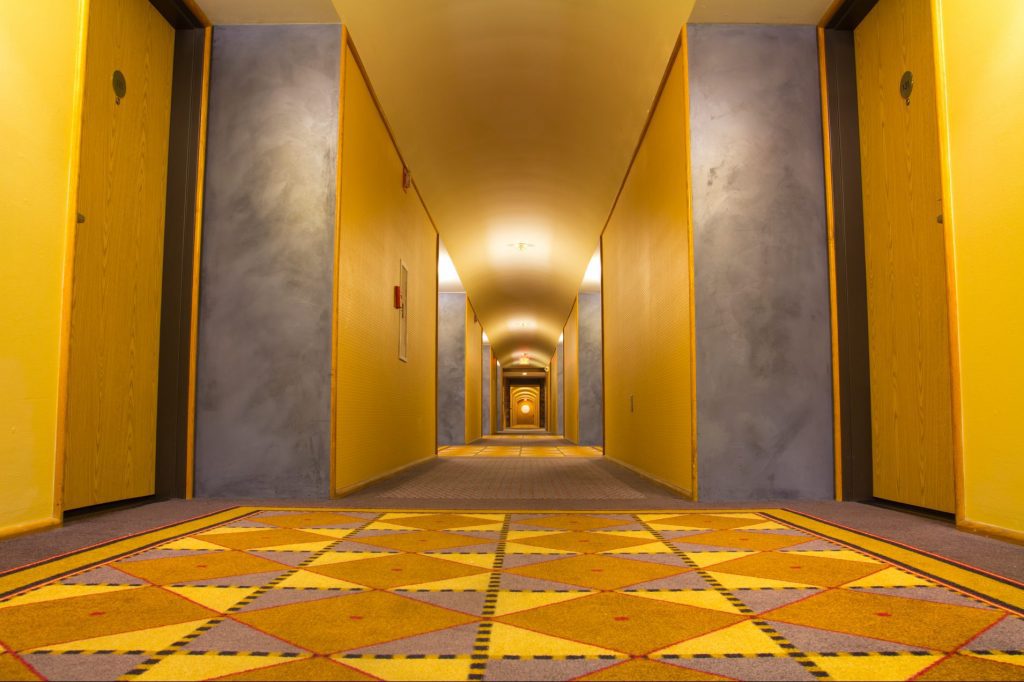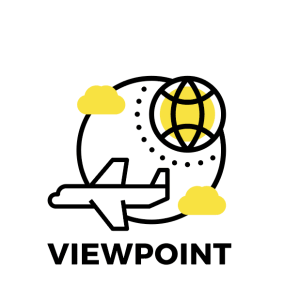Myopia, Spin and the End of the Hotel Industry's Winning Streak

Skift Take

The mood this past January at the annual Americas Lodging Investment Summit (ALIS) in Los Angeles was understandably ambivalent, with no apparent signs that the longest lodging upcycle in the history of the industry showed any signs of slowing.
But my team and I had a different, unsettling feeling. Everyone in L.A. was shrugging off what we now call coronavirus, which back then just changed its label from a “pneumonia of unknown origin” to coronavirus, but had not yet graduated to Covid-19. The mood at ALIS was cautiously optimistic with the view that 2020 would be like 2019. When someone did bring up coronavirus, it was dismissed as something like SARS or Zika — in other words, nothing to be worried about. The biggest topics at ALIS were Kobe Bryant, the impeachment trial, Bernie Sanders, and all things Trump and hotel industry-specific, expense creep from labor, and fixed costs. The best comment I heard when I brought up coronavirus was that just about everyone thought it would be an afterthought in a month.
To say we were a bit put off by this would be an understatement. We rang the alarm bell on this in early January in our sister publications, the Gaming Industry Daily and Weekly Reports, warning that Macau faced a grave threat from this “pneumonia of unknown origin” because it was spreading and that the timing was so close to the Chinese New Year Golden Week, the biggest event of the year for Macau casino resorts.
Get the Latest on Coronavirus and the Travel Industry on Skift's Liveblog
We also warned that the global tourism dependence on China created a very difficult situation that could become a real problem.
By the time ALIS rolled around and the industry executives, analysts, and consultants all showed a unified front of indifference, denial, and ignorance on just what this “Beast,” as we call Covid-19, could do to the global tourism and business travel world, we knew the resilient upcycle was over.
The Beast and Taboos
Here we are in early March, and we are the only ones who have declared the end of this cycle, at least publicly. Some analysts have already confirmed this privately, but it seems like while everyone is willing to give revenue per available room (RevPAR) forecasts even though they know they will be changed two to 10 times a year, using common sense with this Beast seems to be taboo.
Just weeks ago the trend was for the companies to give guidance “not including the impact of the coronavirus” and the analysts to bless them. How in the world do you trust guidance that doesn’t include the biggest negative impact of the year?
Soon after, the U.S. stock market unraveled and lodging stocks tumbled 25 percent, that is, when Host Hotels and Hyatt Hotels announced that things have changed and maybe you should not rely on the guidance that was given two weeks ago. We suspect that every company will give some sort of update on this as soon as the reality of this situation travels up the chain of command. The mood will change from indifference to being a footnote, to being something in which the impact could be so severe we can’t give a projection.
In other words, the industry will admit that the investment community did not agree with guidance “not including the impact of coronavirus.”
With cancellations of conferences, trade shows, and special events taking place from California to Miami, and all places in between, does anyone want to place a bet on when the official death of the cycle will be declared?
There seemed to be a trend over the past few years that the mood and trends from ALIS are never repeated at the NYU International Hospitality Industry Investment Conference that takes place in early summer. That is something else that no one in this industry seems to want to discuss. We are 100 percent certain that this will be the case again this year because we believe there is more than a 50 percent chance that there will NOT be an NYU conference this year due to concerns over the virus spread, and if there is one, the attendees will certainly not be dismissing Covid-19 as SARS or Zika or that it is nothing to worry about.
Two Big Mistakes
Assuming the outbreak in the U.S. will be more like Singapore and less like Italy, the biggest impact initially will be in airlines and convention/special event hotel areas like Las Vegas, Chicago, and New Orleans. Theme parks and sporting events may also see the impact but, hopefully, the fear will be worse than the reality. In other words, the U.S. hospitality industry, its analysts and investors made two big mistakes in the span of two months.
First, they ignored the obvious in late January, that this was not SARS, that the world is different in 2020 than in 2003 plus most hospitality executives, analysts, and investors were not even in the business back then. Second, when discovering that things are different, that the global hospitality business is too dependent on China and that the world is not ready for the Pandemic they all knew was coming, panic set in. Stock prices crumbled, people stopped traveling, and all of a sudden the worry was no longer about expense creep but about keeping their doors open.
The question is will our story today have a happy ending?
If we are talking about the upcycle, this will be like all others, ending in a way that nobody expected. For those who believe the unions became too dominant, well, that may all change now. How about those who feel there are too many brands? The reality is that whether this Beast burns itself out in late spring, acting like a typical virus that does better in cold weather, we get meds to help people get over it quicker, or a new seasonal vaccine for some to protest against, the damage to the global hospitality business will take years to recover.
The Chapter Not Written Yet
Will the stock prices of U.S. hotel companies show the same thing as all those the past few years that called the premature end of the lodging upcycle? That is the chapter that has not yet been written. How about the Hong Kong protests that had already crippled the hotel business there before the Beast showed up? Will they act like nothing happened and resume destroying what is left of that territory’s hospitality business when the all clear is given? Will anyone figure out why Europe wound up having more cases than China?
We hope that this story does have a happier ending than what the panic is showing. In the end, it doesn’t matter who was right or wrong at ALIS. It only matters that when this upcycle is finally declared to have met its demise, we start looking for a new one to start soon.
Alan Woinski is the editor of The Daily Lodging Report and CEO of Gaming USA Corp.




